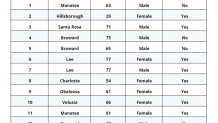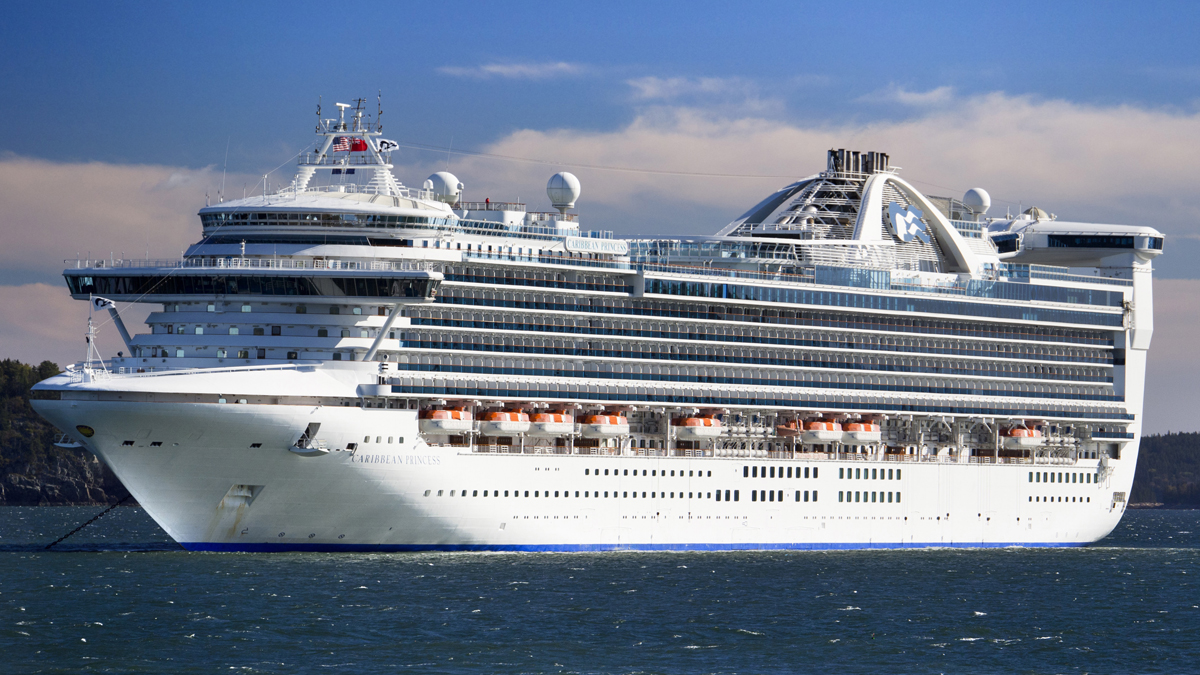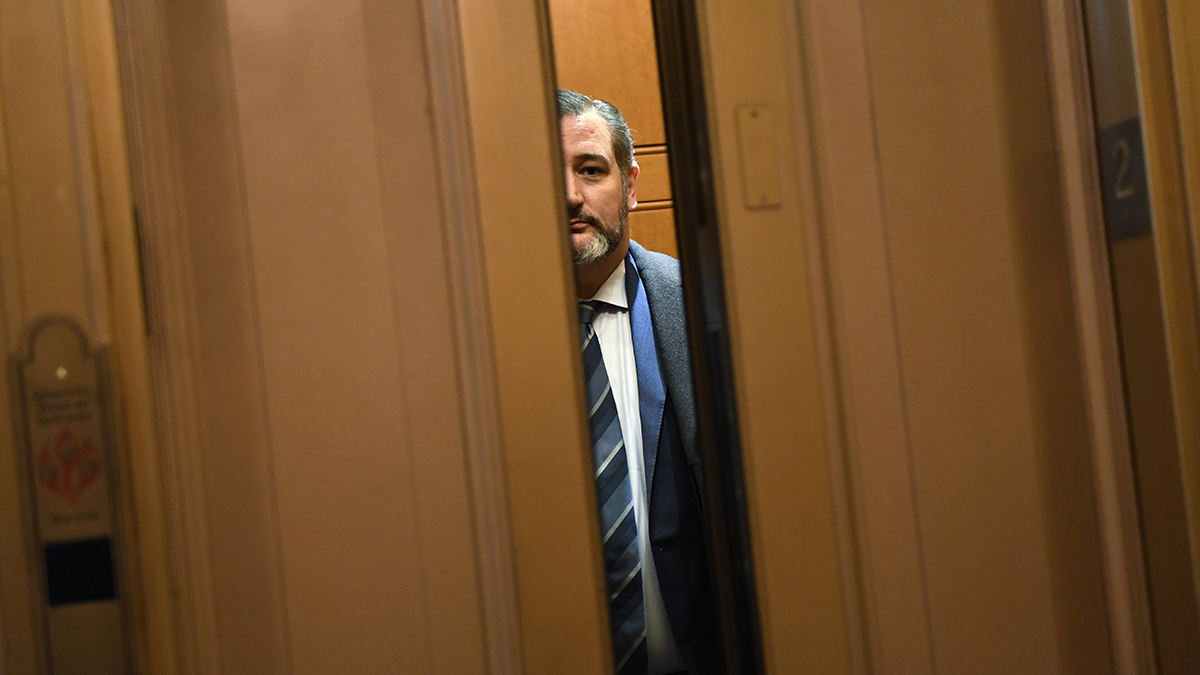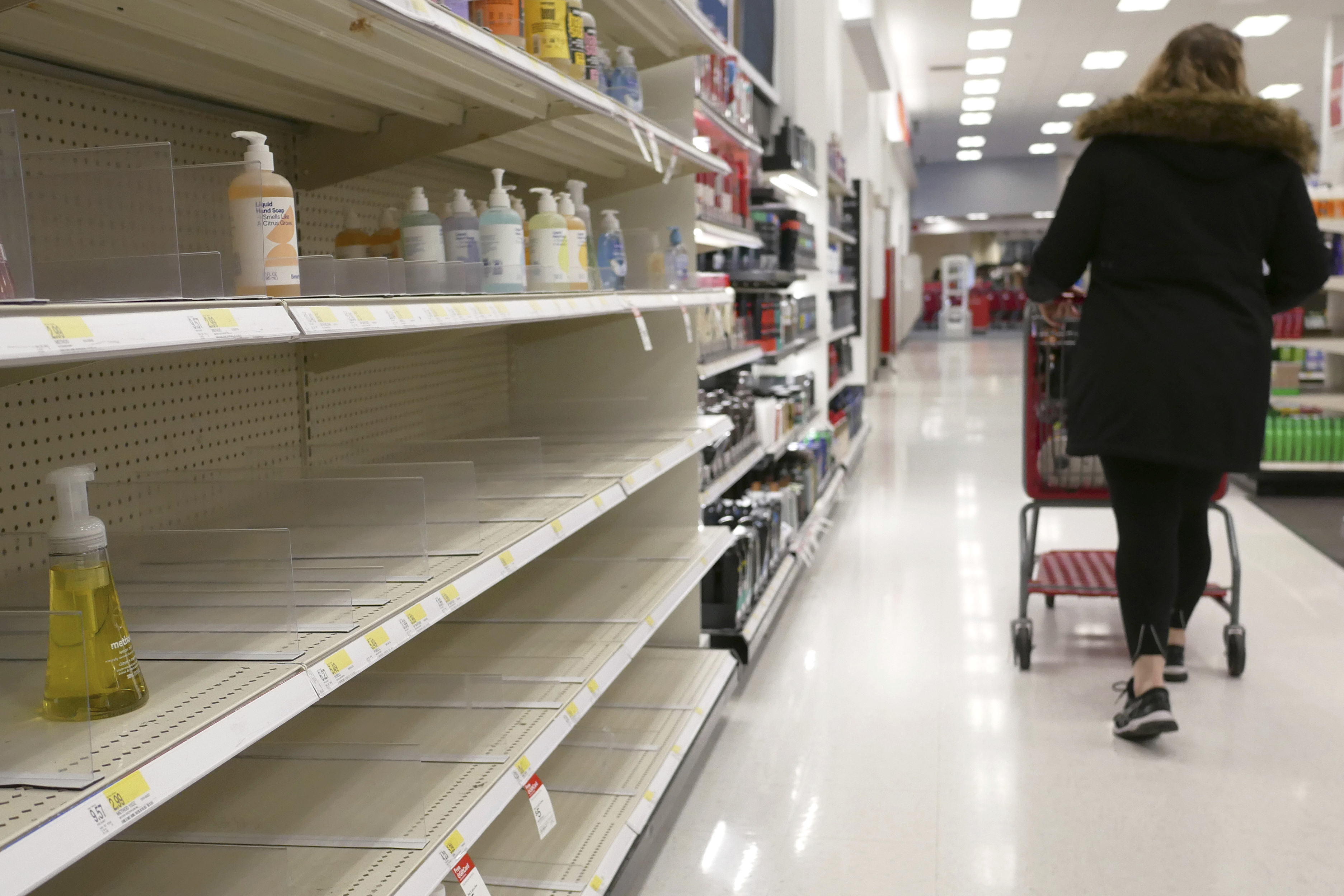What to Know
- Florida Gov. Ron DeSantis signed a state of emergency declaration Monday to help the state deal with growing concerns over coronavirus
- Two people have already died in Florida out of 19 Florida residents that state health officials say have tested positive for the new strain of coronavirus
- Hours before the governor spoke, Florida officials walked back an earlier advisory requesting all travelers returning from foreign countries self-isolate
Florida Gov. Ron DeSantis signed a state of emergency declaration Monday to help the state deal with growing concerns over coronavirus, as more COVID-19 cases have been confirmed.
DeSantis, who had declared a public health emergency last week, said the declaration will help the state better respond to the virus.
"That allows us to create a unified command structure, it also allows, if need be, out-of-state medical personnel to operate in Florida," DeSantis said at a news conference Monday evening. "It allows us to more swiftly purchase any necessary supplies including masks and materials and equipment necessary to set up field hospitals. It allows pharmacists to dispense up to 30-day emergency prescription refill of maintenance medication."
Get South Florida local news, weather forecasts and entertainment stories to your inbox. Sign up for NBC South Florida newsletters.
CORONAVIRUS LATEST
Hours after DeSantis signed the declaration, a fourth person was confirmed to have the coronavirus in Broward County.
The person, a 69-year-old woman, remained isolated and will continue to be monitored until her symptoms go away, according to the Department of Health.
State officials say it's the third person to be confirmed with the virus who has ties to Port Everglades. Officials are advising anyone who has passed through the port recently to be checked out, particularly anyone with ties to the Metro Cruise Services.
Two people have already died in Florida out of 19 Florida residents that state health officials say have tested positive for the new strain of coronavirus that is now quickly spreading across the United States and other parts of the world.

Of the 19 Floridians testing positive, 13 were diagnosed in Florida and five were diagnosed in another state, according to the Health Department. In addition a California resident, now under self-isolation in Florida, has tested positive. The Florida Department of Health announced Monday evening that a 60-year-old woman in Volusia County who recently traveled internationally tested positive for the virus. She is in isolation.
"The overall messaging in terms of what we're seeing is that this is a virus, for the vast majority of individuals will not lead to serious health complications," DeSantis said. "However it's pretty clear that as people get older and particularly those people that have a serious underlying medical condition, those are the people who are the most at risk to have serious negative consequences from this virus, including death."
Hours before the governor spoke, Florida officials walked back an earlier advisory requesting all travelers returning from foreign countries self-isolate, further sowing confusion over its efforts to contain a fast-spreading threat to public health.
An earlier statement from the Florida Health Department had advised all individuals traveling internationally to self-isolate for 14 days.
Two hours later, health officials revised its advisory to realign with federal health guidelines that require travelers returning from the high-risk countries — China, South Korea, Italy and Iran — to remain home and avoid contact with others.
It was unclear what led to the communications breakdown, when the Health Department seemed to take the unprecedented step Monday of asking all travelers to self-isolate for 14 days after returning from any foreign travel. A spokesman could did not immediately return phone calls.
Earlier Monday, Florida Health Department Spokesman Alberto Moscoso said “the situation in Florida is swiftly changing."
Following the initial guideline would have placed a large number of South Florida residents in self-isolation. According to a monthly report from Miami International Airport, 1,011,388 people got off an international flight there in March 2019. In January 2020, 1,045,315 “deplaned” or exited international flights in Miami Dade, the report said.
"We called the state department of health and I think they really didn't mean to say that. They said really to self-monitor. If you come back from a trip abroad you should self-monitor. You should check your temperature," Miami-Dade Mayor Carlos Gimenez said.
Health officials across the country were quickly trying to contain the spread of the virus. In Florida, worries rose over how panic could play out in a state that is a destination for millions of visitors from overseas. Already, there is concern about how the virus could affect amusement parks such as Disney World in Orlando, one of the country's most visited attractions. Cruise lines are also already being impacted.
In particular, the Health Department is suggesting that anyone who traveled last month on cruise ships on the Nile River in Egypt self-isolate because some passengers have tested positive with the novel strain of coronavirus.
A Miami Beach Senior High School employee was told to self-quarantine after they recently visited Denver and stayed at the same hotel where another guest was diagnosed with COVID-19, the school district confirmed Monday.
Meanwhile, Florida's largest grocery chain, Publix, began limiting sales of some merchandise, including hand sanitizers, rubbing alcohol, face masks and other products.
A Publix spokeswoman, Maria Brous, said the decision was “due to the increase in demand over health concerns from the coronavirus.”
The chain has more than 800 stores in Florida and more than 400 elsewhere from Alabama to Virginia.
On Monday, Florida House Speaker Jose Oliva acknowledged the threat from a new virus to the Florida economy, as he opened what could be the final week of this year's legislative session.
"We may be facing a very real challenge here. The coronavirus, while it had a rather minute effect on us, the panic surrounding it has had a real affect," he told his chamber Monday morning.
The virus has already influenced the conversations in Florida's Capitol, where budget negotiators have vowed to include a $25 million appropriation request from DeSantis to help the state respond to the growing crisis.
Florida health officials say anyone who has a fever, shortness of breath and other symptoms of respiratory illness within 14 days of traveling to some of the most affected areas, such as China, Italy, Iran, South Korea and Japan, should inform their doctor and local health department. The same advisory applies to people who have been in close contact with anyone who recently traveled to severely impacted countries who show symptoms.
People who are asked to self-quarantine should remain home. Health officials say they should not go to work or school or at any other gatherings until 14 days after returning from foreign travel. If any symptoms develop, they should alert a doctor and health officials.




